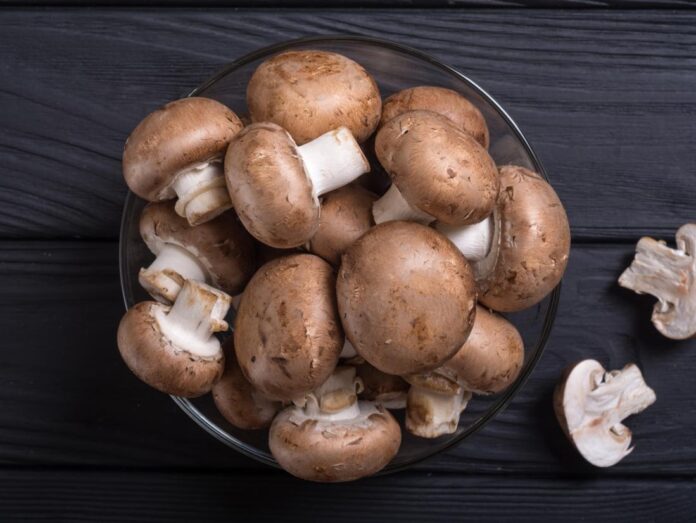Mushrooms are a diverse group of organisms, and while many are edible and safe for consumption, some can have adverse effects if ingested. Here are some potential side effects associated with mushrooms:
- Toxicity: Many wild mushrooms are toxic and can cause symptoms ranging from mild gastrointestinal discomfort to severe poisoning, organ failure, or even death. It’s important to accurately identify edible mushrooms or to source them from reputable sources.
- Allergic Reactions: Some individuals may be allergic to certain types of mushrooms. Allergic reactions can range from mild skin irritation to more severe symptoms like difficulty breathing, swelling, or anaphylaxis.
- Gastrointestinal Distress: Even edible mushrooms can cause gastrointestinal discomfort in some individuals. Symptoms may include nausea, vomiting, diarrhea, and abdominal pain.
- Psychoactive Effects: Certain mushrooms, such as psychedelic mushrooms (e.g., Psilocybe species), contain compounds that can induce hallucinations and altered states of consciousness. While these effects are sought after by some individuals for recreational or therapeutic purposes, they can also be unpredictable and potentially unsettling, especially in high doses or for those with underlying mental health conditions.
- Interactions with Medications: Some mushrooms can interact with medications or medical conditions. For example, the consumption of certain edible mushrooms might interact with anticoagulant medications, affecting blood clotting.
- Liver Damage: Amanita mushrooms, including the infamous Amanita phalloides (death cap), contain toxins that can cause severe liver damage and even death if ingested.
- Mycotoxins: Certain molds that grow on mushrooms can produce mycotoxins, which are toxic substances. Ingesting mushrooms with high levels of mycotoxins can lead to health problems.
- Digestibility: Some mushrooms are difficult to digest and might cause discomfort for some individuals. Cooking mushrooms properly can help make them more digestible.
It’s important to note that the severity of side effects can vary depending on factors such as the species of mushroom, the quantity consumed, an individual’s sensitivity, and their overall health. If you’re not an experienced forager, it’s generally safer to purchase mushrooms from reputable sources or consume only those that have been positively identified by experts.
If you suspect mushroom poisoning or experience adverse reactions after consuming mushrooms, seek medical attention immediately. If you’re interested in consuming wild mushrooms, consider joining a local mycological club or consulting with experienced mushroom foragers to learn more about safe mushroom identification and consumption practices.



